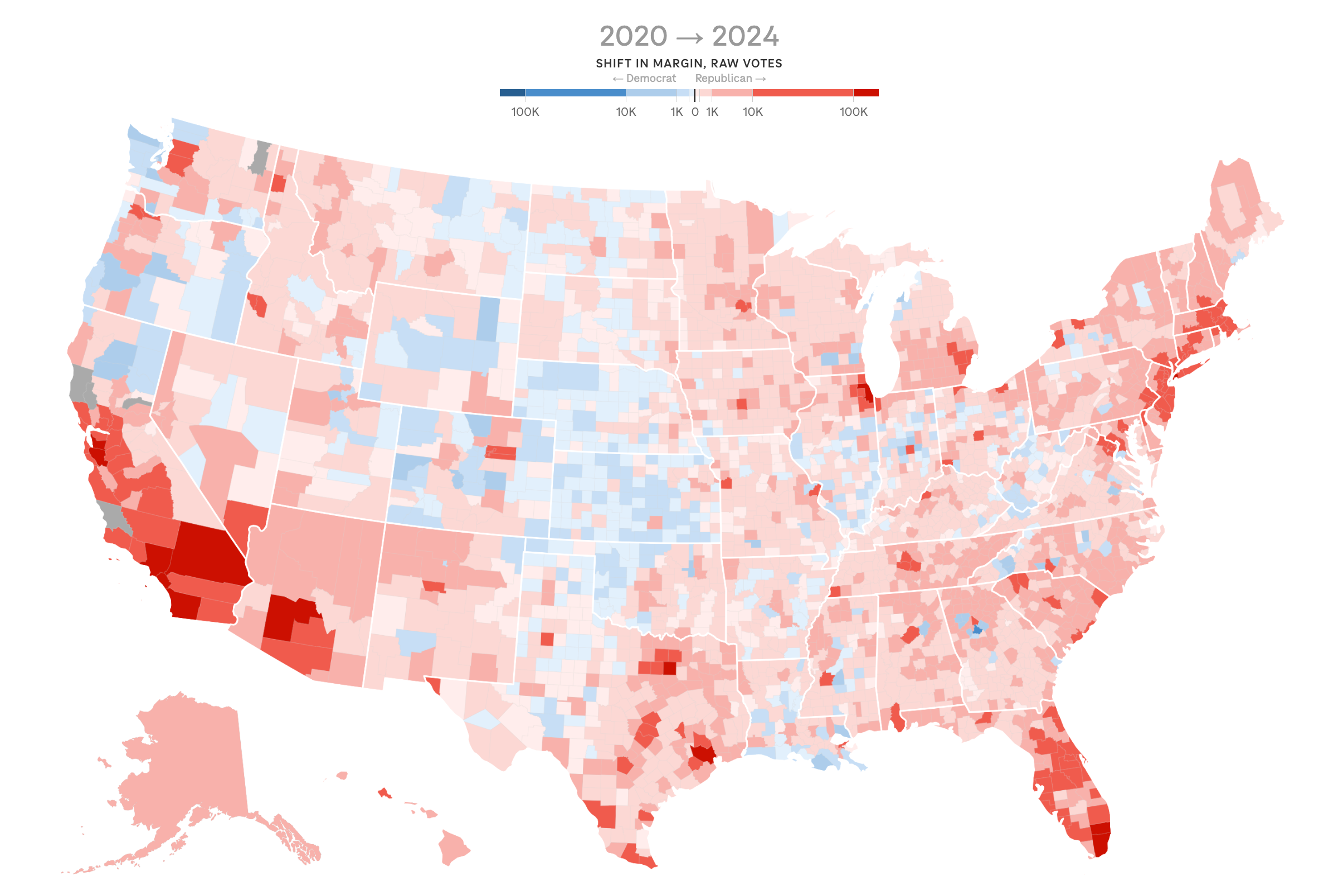Brown University’s endowment saw an 11.3% return on investment for the year that ended in June — ahead a key vote this month in which the Ivy League school’s board of trustees will decide whether to divest from Israel.
The endowment, which grew to $7.2 billion, provided the Providence, RI-based university with a record $281 million to its operating budget, according to a statement from Brown released on Friday.
The head of the endowment is Brown alum Brian Moynihan, the chief executive officer of Bank of America who raised eyebrows last month when he decided to take on the volunteer position as chancellor of the Corporation of Brown University.
The budget, representing 21% of total revenue, helped to pay for financial aid for students as well as salary increases for staffers.
The divestment vote, the date of which has not been made public, was a concession from the university’s administration to students who had set up a tent encampment on campus grounds to protest the Israeli bombardment of the Gaza Strip.
The vote will be held among the board of trustees’ 54-person membership. One of the members, Perceptive Advisors CEO Joseph Edelman, resigned in protest last month, saying that the decision to hold the vote was “morally reprehensible” given what it “suggests about the university’s attitude toward rising antisemitism on campus.”
Israel launched military action in Gaza following the Oct. 7, 2023 terrorist attacks by Hamas which claimed the lives of nearly 1,400 soldiers and civilians. Monday marks the one-year anniversary of the massacre.
The administration promised the students that there would be a formal vote on the question of divestiture. In return, the students folded up the tent encampments before graduation ceremonies last spring.
Brown was one of several universities that decided to reach a negotiated agreement with student leaders over the campus protests.
Other schools such as Columbia, the University of Southern California, Northeastern University, Indiana University, Emory, Emerson College and others summoned police officers to tear down encampments and arrest protesters.
Brown Divest Coalition is demanding that the board of trustees cut ties with companies “complicit in human rights abuses in Palestine.”
In a letter published late last month, attorneys general from two dozen Republican-led states warned Brown that divesting from Israel could lead them to “terminate any existing relationships with Brown and those associated with it, divest from any university debt held by state pension plans and other investment vehicles, and otherwise refrain from engaging with Brown.”
Like several other states, Rhode Island has laws on the books that make it illegal to discriminate against Israel, but Brown is not subject to those laws because it is a private college.
While the most recent fighting in Israel, Gaza and Lebanon has led to renewed calls for divestiture from the Jewish State, most colleges have rejected the idea, according to Insider Higher Ed.
Among the companies that have been targeted for their ties to the Israeli military are weapons manufacturers such as Leonardo and Lockheed Martin as well as software giant Palantir and bulldozer maker Caterpillar.
The Union Theological Seminary in Manhattan as well as San Francisco State University have agreed to reevaluate their investment screening processes. California State University, Sacramento made a similar decision earlier this year.
Brown’s endowment is the smallest in the Ivy League. The world’s richest school is Harvard, which boasts an endowment totaling more than $50 billion.
But the Cambridge, Mass.-based institutional fund has been underperforming those of rivals such as Yale and Princeton over the course of the last two decades as poor decision-making by fund managers who raked in hefty fees totaling $800 million has led to a lower-than-expected return on investment.















